 |
| March 23, 2020 |
Dear Reader,
The novel coronavirus pandemic is now the world's top priority, according to United Nations Secretary-General António Guterres. All resources will be directed toward tackling the crisis. This means climate change will be put on the back burner, for now. Also in today's news, experts are studying past outbreaks to better estimate the trajectory of COVID-19 and identify the best ways to help "flatten the curve. The 1918 flu pandemic and 2002–2003 SARS outbreak suggest intense measures such as social distancing are the most effective. |
| | Sunya Bhutta, Senior Editor, Audience Engagement
@sunyaaa | |
 |
| |
| |
| |
| |
| Behavior & Society When It's Safer to Stay Apart My father is an infectious disease physician in New York City. He needs to do his job, so for our own safety, he can no longer live with the family | | | | |
| |
| |
FROM THE STORE
 | | Ask the Experts: Human Body and Mind The third eBook in our Ask the Experts series, Human Body and Mind tackles questions about our own strange and mysterious biology, from how we evolved to exist this way to feats of body and mind. |  | | |
| |
| |
LATEST ISSUES
 |
| |
| Questions? Comments?  | |
| Download the Scientific American App |
| |
| |




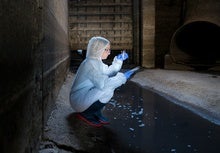
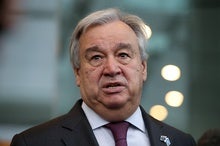





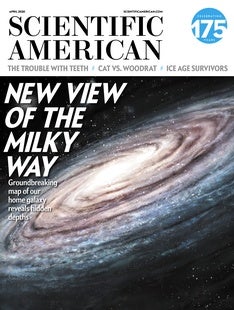

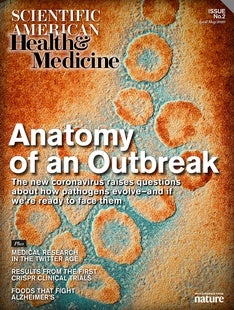
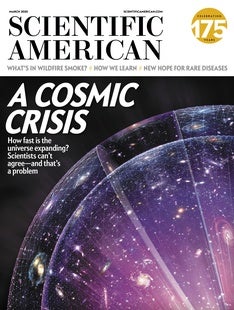
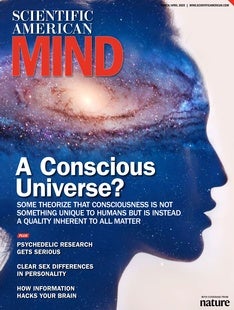



Comments
Post a Comment